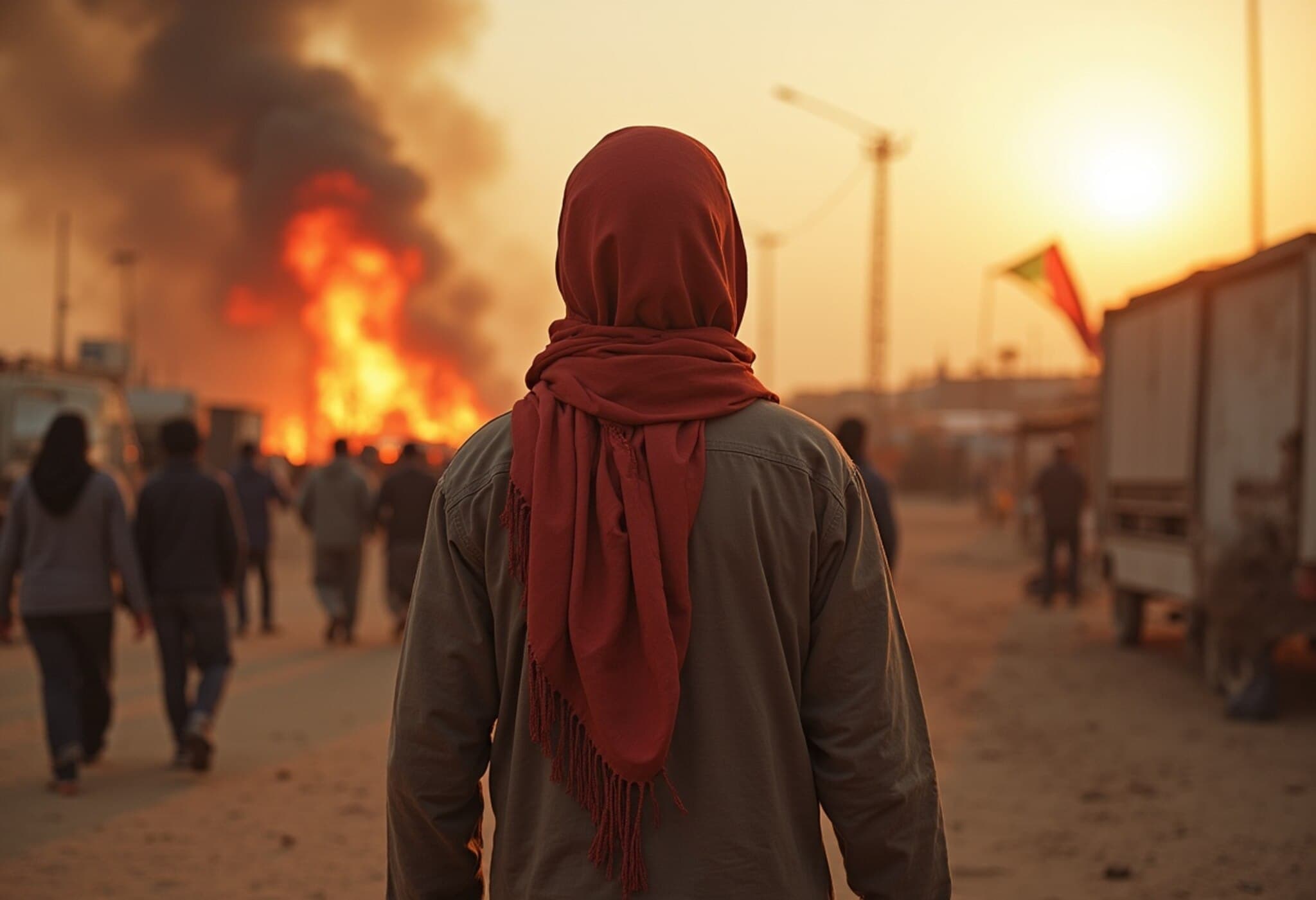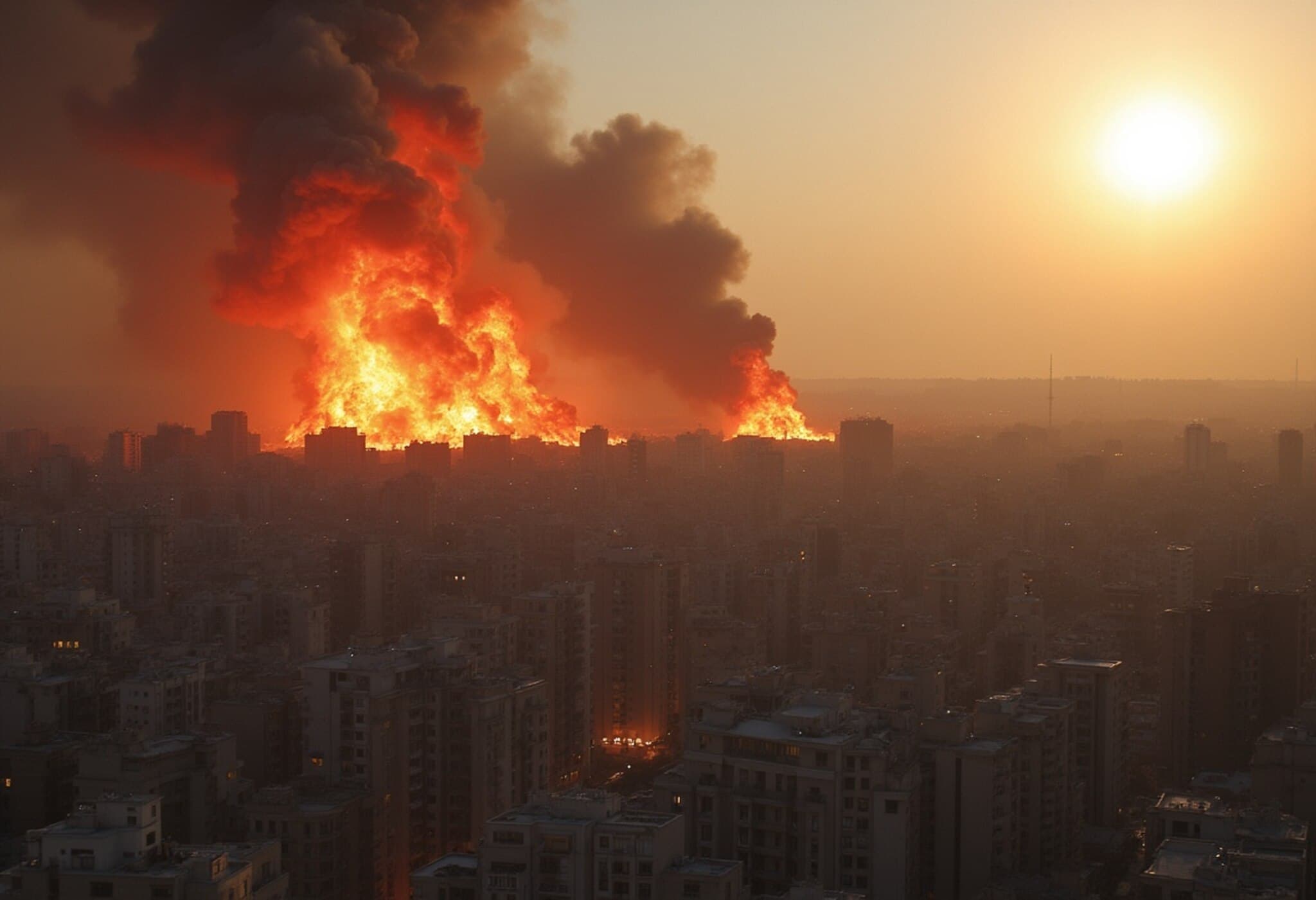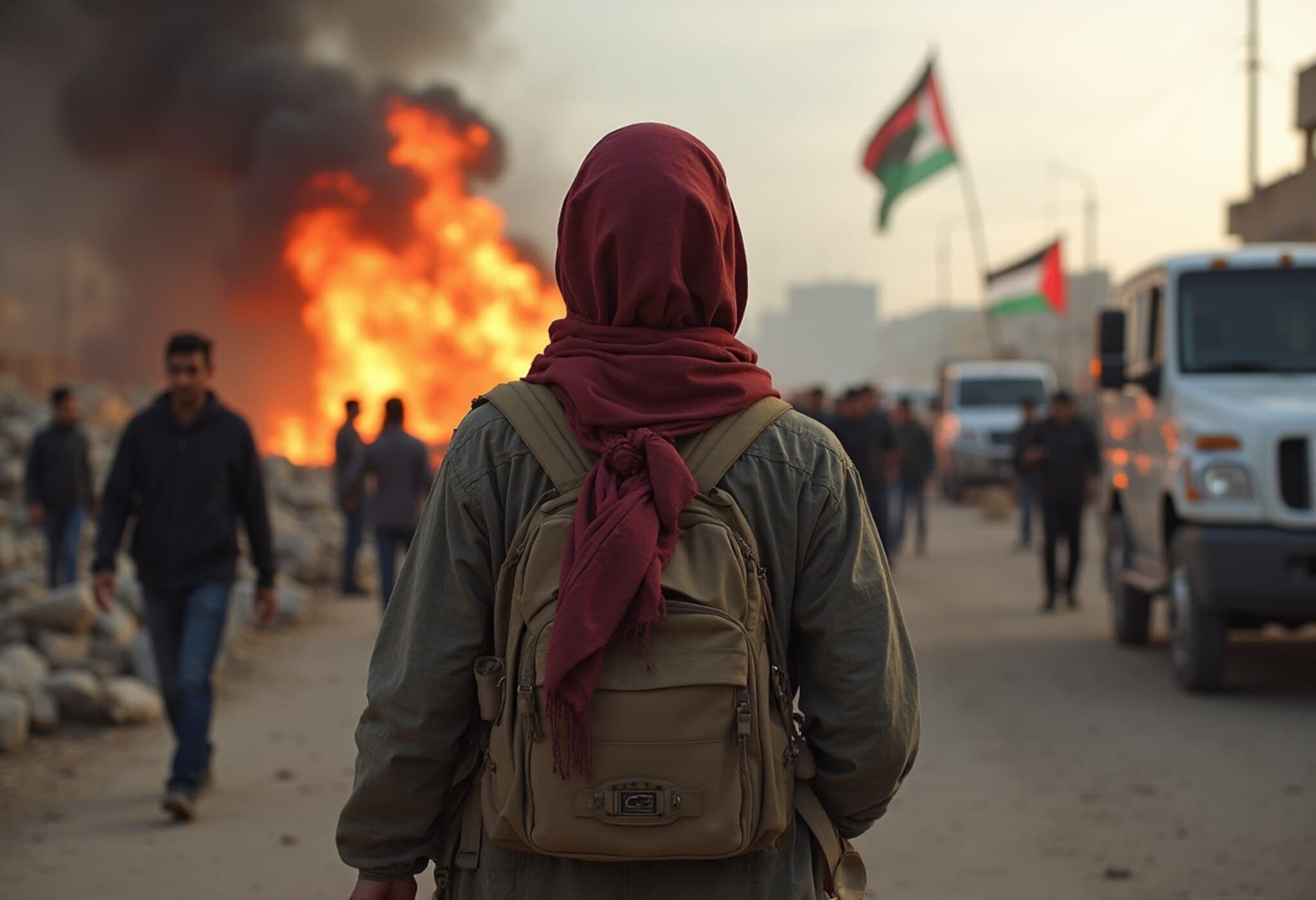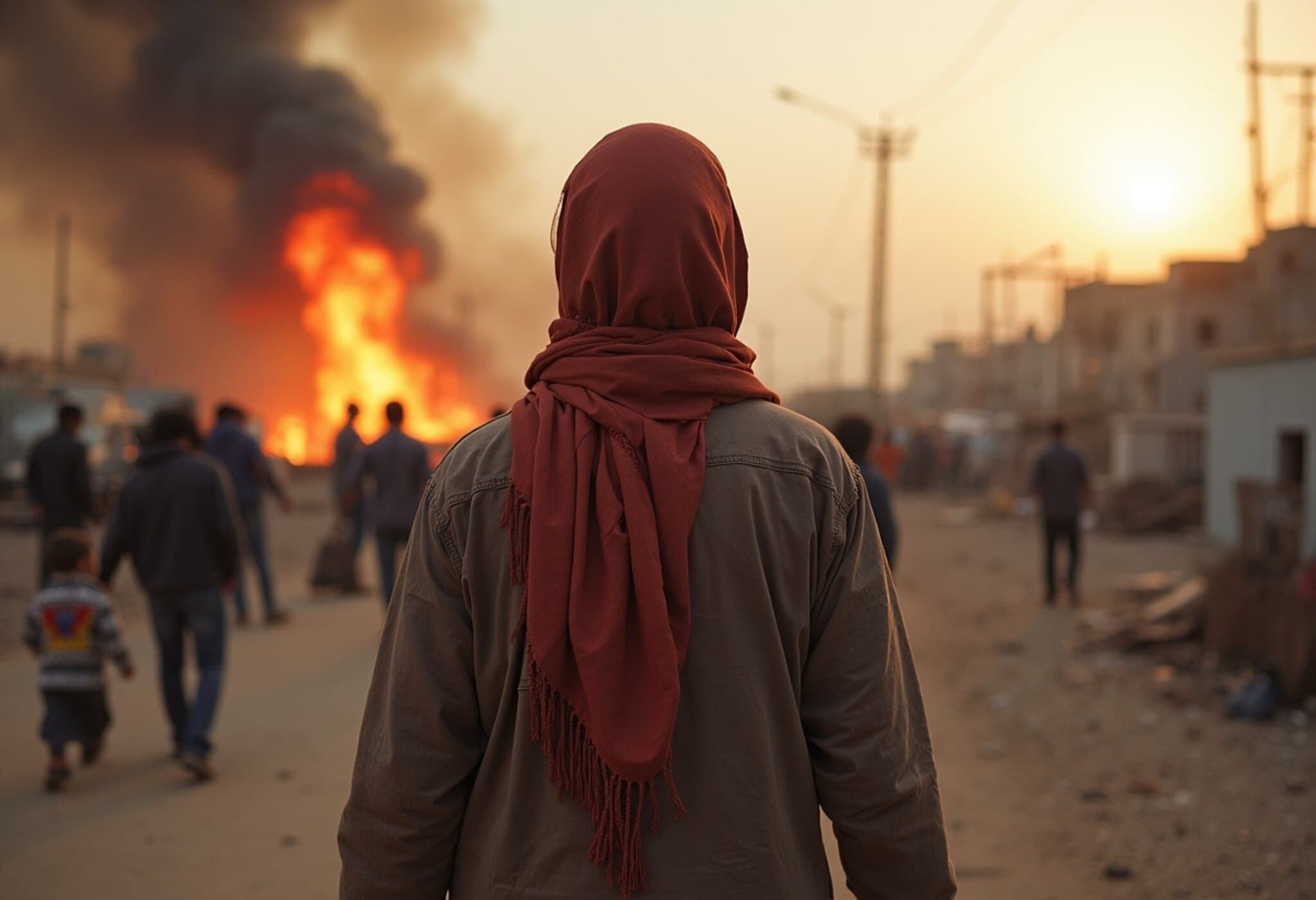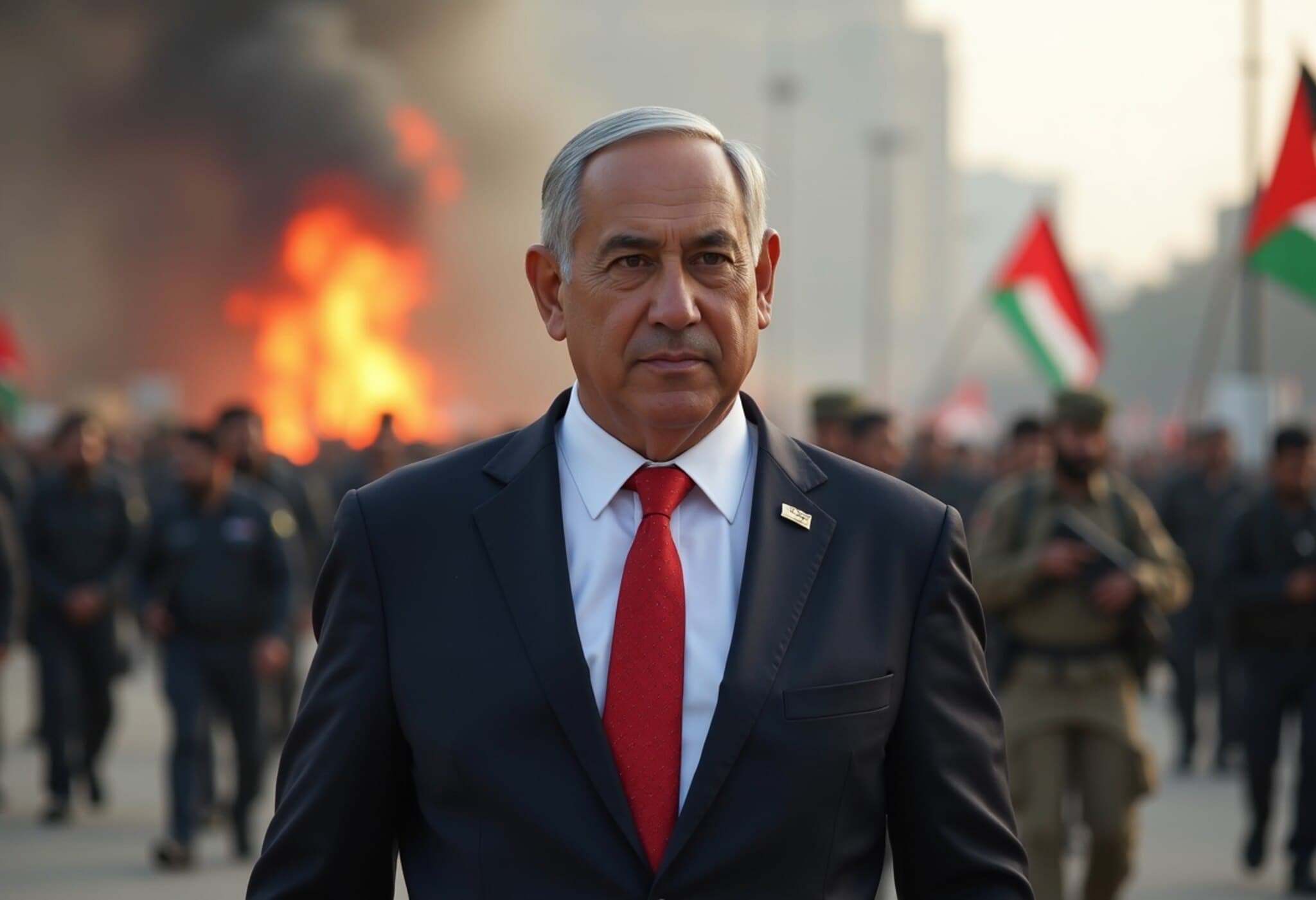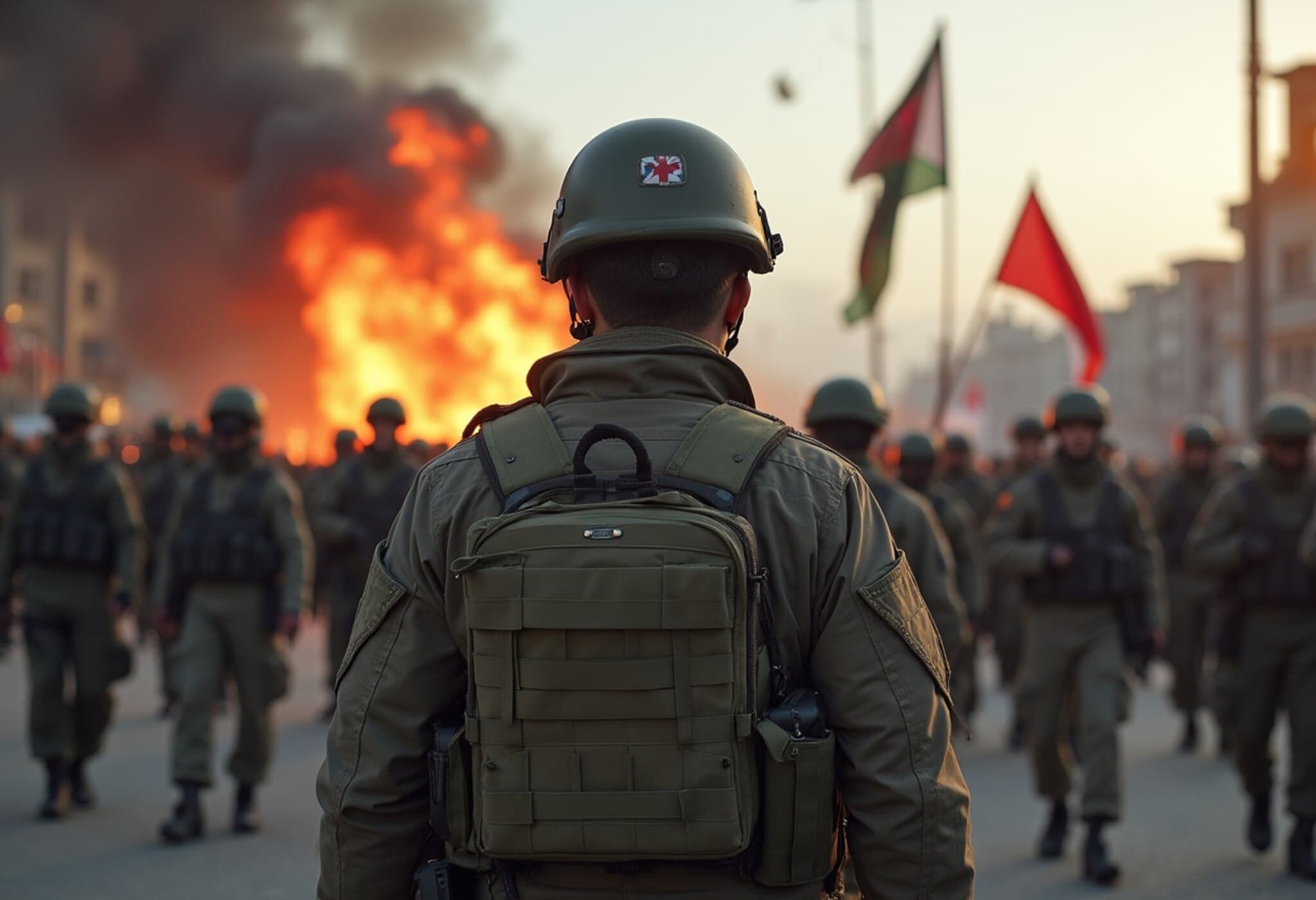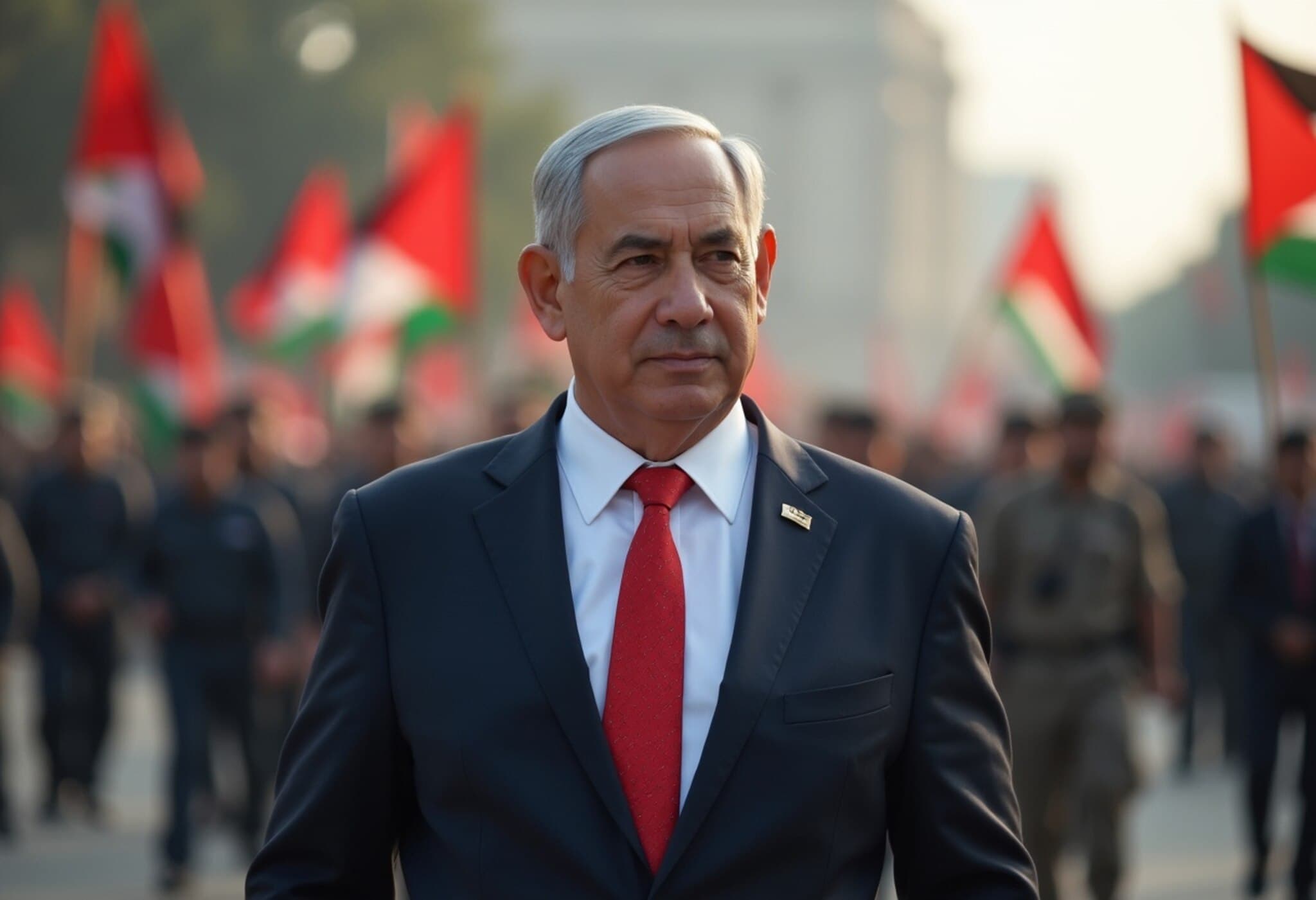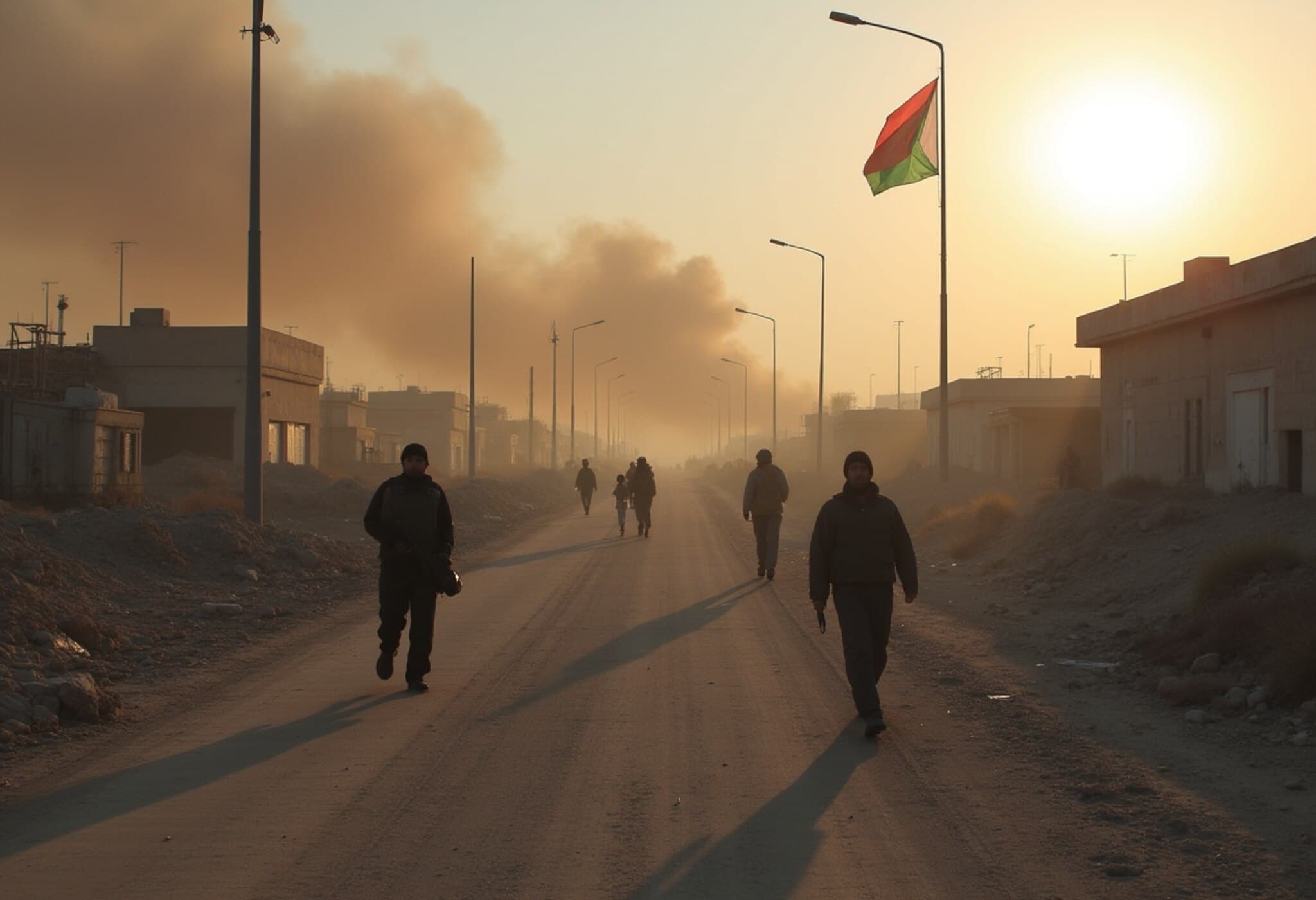UN Declares Famine in Gaza: Over Half a Million at Risk Amid Prolonged Conflict
On August 22, 2025, the United Nations officially declared a famine in Gaza, warning that more than 500,000 Palestinians are currently enduring life-threatening food insecurity. The grim revelation comes amidst escalating violence between Israel and Hamas, and a blockade severely restricting the region’s access to food and aid.
The Crisis Unfolding in Gaza
The famine declaration was issued by the Integrated Food Security Phase Classification (IPC), a Rome-based coalition of experts tasked by the United Nations to monitor food security worldwide. Their report highlights how the ongoing conflict has devastated Gaza’s food systems and displaced large portions of its population, driving the humanitarian situation to catastrophic levels.
UN aid chief Tom Fletcher emphasized the preventable nature of the crisis during a press briefing in Geneva, stating, "This is not a fate we have to accept. The famine should haunt us all. Yet food rots at border crossings because of systematic obstruction.”
Key Drivers of the Famine
- Conflict escalation: The sharp intensification of hostilities between Israel and Hamas has triggered mass displacement and infrastructure breakdown.
- Restricted access to food and aid: The blockade and military restrictions have hindered the entry of commercial and humanitarian supplies since March 2025.
- Collapse of local food production: Approximately 98% of Gaza’s cropland is either damaged or inaccessible, livestock has been decimated, and fishing is prohibited, further crippling local food sources.
The IPC report confirms that as of mid-August, famine conditions (IPC Phase 5) were present in Gaza City, which accounts for roughly 20% of Gaza’s total area. By the end of September, the famine is projected to expand to include Deir el-Balah and Khan Yunis—affecting nearly two-thirds of Gaza’s population, estimated to be around 641,000 individuals.
Israel’s Rejection of the Famine Report
The Israeli government swiftly rejected the UN declaration, labeling the report as "based on Hamas lies" and politically motivated. The Ministry of Foreign Affairs and the Civil Administration Office (COGAT) overseeing Palestinian affairs criticized the findings, asserting that recent increases in aid shipments had improved food availability and led to a decline in prices.
Statements from Israeli authorities emphasized that past IPC assessments had been inaccurate and do not reflect on-the-ground realities, calling the famine claim a "despicable political document".
Contextualizing the Famine: Broader Implications
This famine declaration is unprecedented for West Asia, shining a spotlight on the dire humanitarian consequences of prolonged blockade and conflict. For residents of Gaza, who have endured nearly two years of relentless clashes, the rapid deterioration of living conditions threatens to compound an already critical health crisis.
Beyond immediate survival, the famine highlights deeper challenges related to international law, human rights, and the ethical responsibilities of conflict parties. The United States and other global actors face increasing pressure to leverage diplomatic channels to facilitate humanitarian access and de-escalate violence.
Experts warn that without urgent intervention—particularly easing of blockades and increased international aid—the famine will exacerbate civilian suffering and destabilize the region further.
What Comes Next?
As the humanitarian crisis in Gaza intensifies, critical questions emerge:
- How will international stakeholders respond to the UN’s famine declaration?
- What mechanisms exist to ensure safe, sustained delivery of food and medical aid amidst active conflict?
- Can diplomatic efforts successfully bridge divides and prioritize civilian protection?
The world watches with growing concern as the unfolding human tragedy in Gaza calls for both immediate relief and long-term solutions to prevent such crises in the future.
Editor’s Note
The declaration of famine in Gaza is a stark reminder of the human cost of protracted conflicts and blockades. While political narratives divide stakeholders, the urgent need remains to protect vulnerable civilians from starvation and uphold international humanitarian standards. Readers are invited to consider the delicate balance between security concerns and humanitarian imperatives, reflecting on how global policies can align more effectively to prevent preventable suffering in conflict zones.

